Drug- and Crime-Related Restrictions in Federal Assistance Programs
Throughout the history of social assistance programs, administrators have attempted to limit access only to those families considered "worthy" of assistance. Policies about worthiness have included both judgments about need, generally tied to income, demographic characteristics, or family circumstances, and judgments about moral character, often as evidenced by behavior. Past policies evaluating moral character based on family structure have been replaced by today's policies, which focus on criminal activity, particularly drug-related criminal activity. This book provides an overview of the history and evolution of policies establishing drug- and crime-related restrictions in federal assistance programs with a focus on TANF, SNAP, and three primary federal housing assistance programs (the public housing program, the Section 8 Housing Choice Voucher program, and the project-based Section 8 rental assistance program).
{{comment.content}}
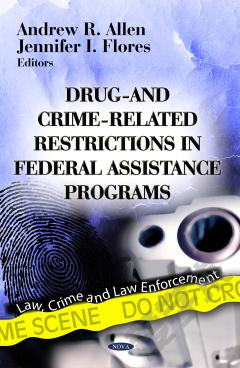
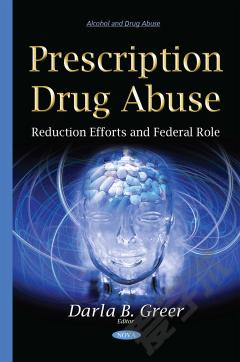

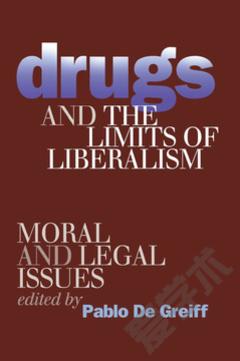
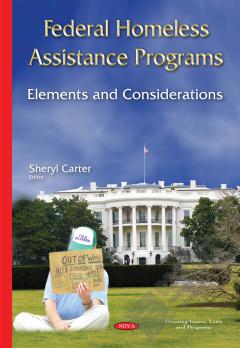
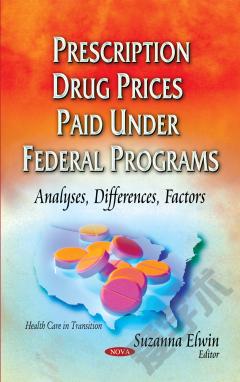
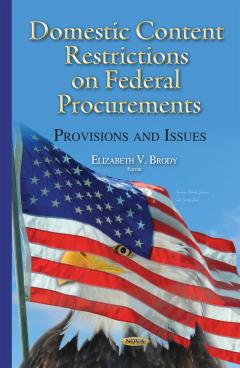

 京公网安备 11010802027623号
京公网安备 11010802027623号